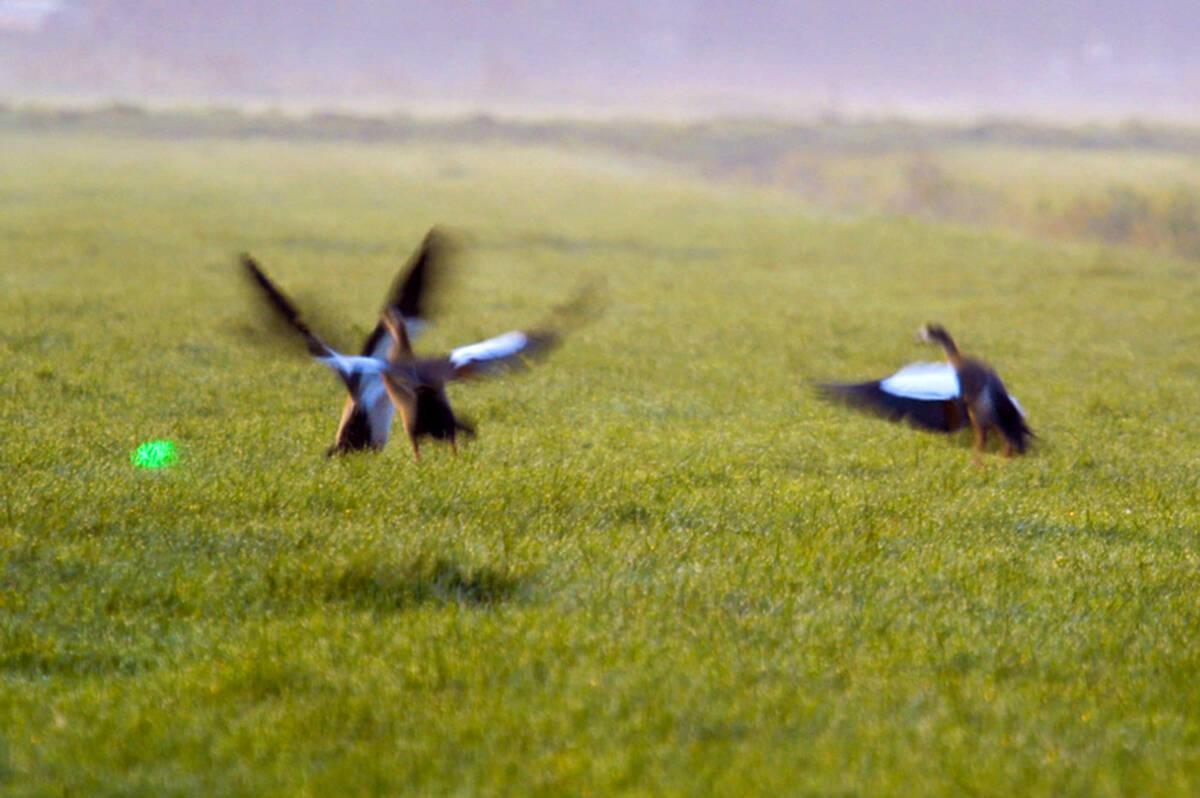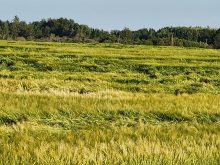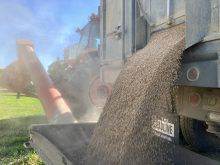Iraq expects to double its wheat production this year to around 2.5 million tonnes, meeting half its consumption needs, thanks to good rains, a deputy agriculture minister said May 19.
Iraq’s agriculture sector, hurt by decades of war, sanctions and neglect, has suffered severe drought in the last two years, hitting wheat and rice production hard.
The country, which has become the world’s largest importer of wheat and rice – the majority of which goes to supply a massive public food ration program – is also grappling with a chronic water shortage, although better rains this year have helped to boost production.
Read Also

Canada’s import ban on Avix bird control system ruffles feathers
Canadian producers’ access to Bird Control Group’s Avix laser system remains blocked despite efficacy studies and certifications, as avian flu deaths rise.
“We expect Iraq to produce 2.5 million tonnes of wheat this year and this will help lower the amount we have to import,” Subhi al-Jumaily, a deputy agriculture minister told Reuters in an interview.
Last year, Iraq produced 1.25 million tonnes of wheat.
Barley, which is mainly used as fodder in Iraq, was expected to yield a harvest of 300,000 tonnes compared with 226,000 tonnes in 2009, he said.
al-Jumaily said a $70-million program by the Ministry of Agriculture to improve irrigation systems for two million acres (0.8 million hectares) of land that would be used to produce wheat had been approved by Prime Minister Nuri al-Maliki.
Farming is Iraq’s largest employer, but it trails far behind the all-important oil sector in terms of economic output and very little has been invested in the industry.
Annual wheat consumption in Iraq is typically around 4.5 million tonnes a year and annual rice consumption is usually 1.25 million tonnes, according to officials.














